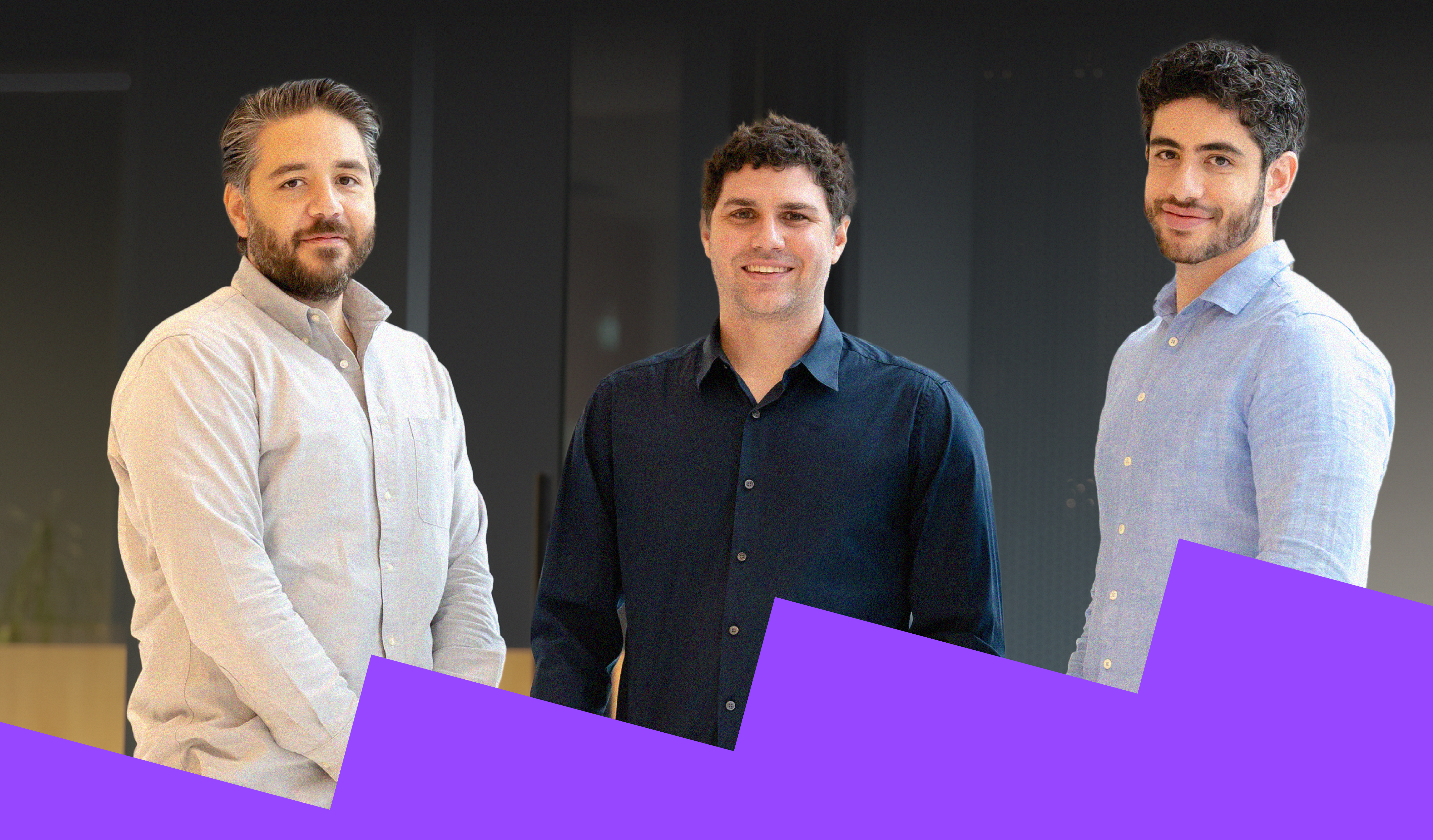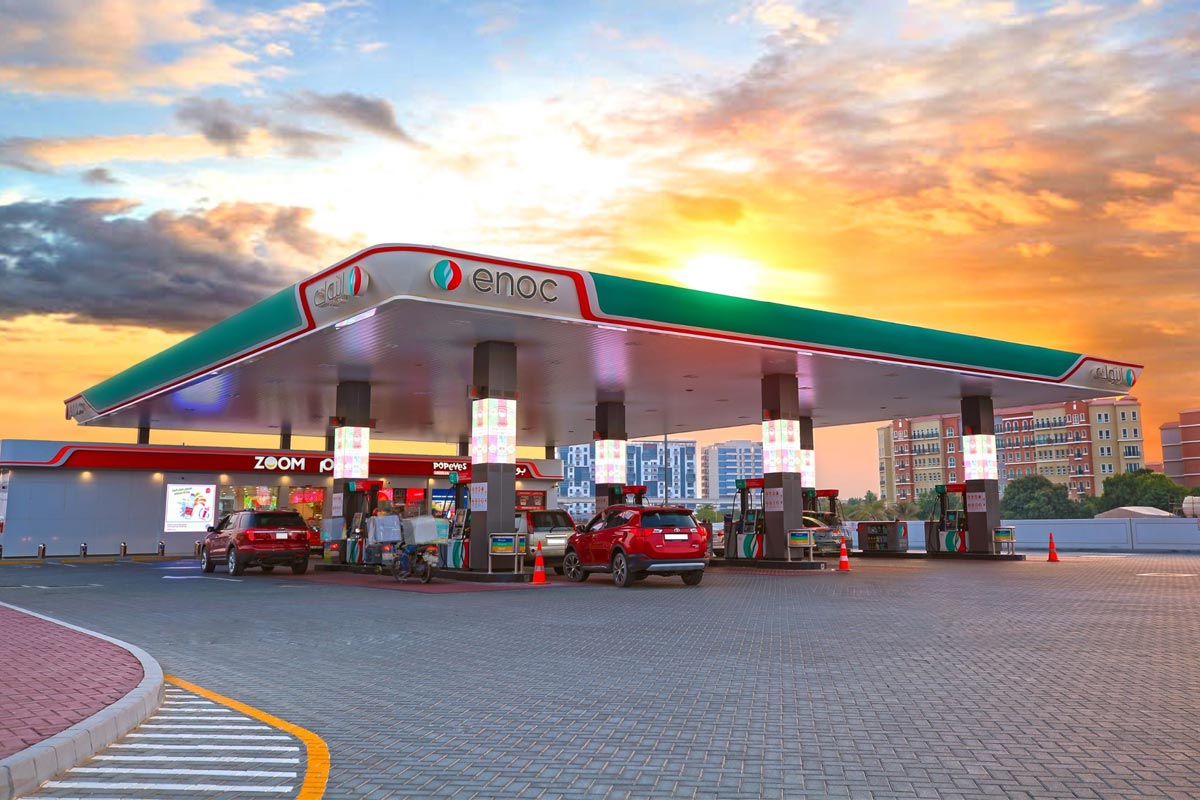How Hyperlocalized HR Tech Can Deliver the Edge UAE Businesses Need to Thrive
Competing on the back of the latest technology is not a new concept. For centuries, this concept has fuelled industrial revolutions and enhanced societal commerce and infrastructure. The UAE is a regional hotspot for competition and adoption of new technology. This has been supercharged by the impact of the last two years..Investment in digital transformation is a runaway train in the region. One analysis of DX spending in the Middle East, Turkey, and Africa region predicted an aggregate investment of more than US$74 billion by 2026. And hyperscale cloud providers such as AWS, Microsoft, and Google either have regions up and running in the GCC or are planning imminent launches.
For the most part, these clouds deliver workable front-end systems. Either there is little business need beyond generic functionality, or they are sufficiently localised to operate cleanly and add value. But there are some exceptions. Where a business function is closely scrutinised by key stakeholders, it requires hyper-localization to be in a position to add any value. A prime example of a business function that is heavily subject to laws and regulations is HR. Human resource management systems (HRMS) must be sensitive to a range of minute territorial variances. Global companies cannot easily replicate the nuanced local knowledge required to deliver a workable HRMS every time in every legal jurisdiction. It always becomes necessary for them to dedicate time and manpower to configurations and workarounds that invariably result in a sub-optimal end-user experience and an inadequate coverage of use.
This is an ongoing issue in the UAE, with demonstrable negative impact on the overall employee experience. In fact, a recent study has shown that nearly a quarter of MEA IT workers (23%) say being forced to use outdated legacy software makes them want to quit their job. But at last, there is hope of resolution thanks to a growing pool of homegrown and imported tech talent. Government initiatives such as the National Program for Coders and other schemes focused on developing regional talent are paying dividends. Many of the region’s inhabitants are young, energetic, home-grown STEM graduates that have turned their agile minds to developing solutions in and for the region. Hyper-localized solutions are often the fruits of their innovation, and these include HR platforms.
Three main benefits set these hyper-localized offerings apart from those of the global tech titans.
1. Transparency
Many UAE businesses find themselves in stiff competition within crowded markets. Attracting top talent is critical if they are to survive and thrive. Attraction and retention hinge on reputation. The level of trust and satisfaction within the workforce have a direct bearing on the ability to onboard the best talent and keep them.
Employees must feel that they understand their place within the organisation’s mission and its goals. They must also be aware of their obligations, including those that relate to regulatory compliance. Hyper-localized platforms are ideally placed to automate processes on behalf of employees and present easily searchable information clearly, from how to gather and manage customer data, to when the next public holiday is.
When offered from the cloud, hyper-localized platforms can even reflect ad hoc, one-off changes in government policy, such as when Bayzat’s system automatically marked the national holiday granted by the government in Saudi Arabia following that nation’s FIFA World Cup win over Argentina. Under these conditions, important information becomes a broadcast rather than something employees must be proactive enough to discover for themselves.
2. Compliance
In the UAE, the regulatory environment continues to evolve, and new rules will involve enterprises partnering with in-country service providers to comply. Such rules include the need for the nation’s private-sector companies to register Emirati employees with the General Pension and Social Security Authority (GPSSA) within 30 days of their onboarding date. And while health insurance is already mandatory in Abu Dhabi and Dubai, the rollout of similar regulations in the remaining emirates is expected to begin this year.
Compliance and regulations are becoming stricter than ever, covering everything from serious injury and fatality (SIF) to the need for a wages-protection system (WPS). Compliance audits are just as strict and their granularity may trip up some systems offered by international providers, which routinely fail to not only capture all the necessary information but to present it in a format that local authorities can accept.
Hyper-localized platforms, however, gather and report on the right data as standard, thereby reducing regulatory burden on compliance teams. They will also be better placed to keep up with changes in regulations, which is more difficult for international players. Hyper-localized platforms win again, making everything easier for companies and placing less of a drain on their manpower and resources.
3. Better employee experience
When enterprises adopt a hyper-localized platform, the efficiency and transparency boons that come with it result in a superior employee experience. Global players traditionally wait for significant periods for the rollout of Arabic functionality in their solutions. And when it does come, it is often poorly implemented. This can be counterproductive, making the HRMS a cause rather than an alleviator of employee frustration.
Hyperlocalized solutions can also integrate more easily with local third-party providers that offer employees perks and benefits that are of genuine use. These could be anything from discounts at local retailers to virtual-doctor consultations and medication delivered to the doorstep.
Hyper-local, hyper-simple, hyper-satisfying
The complexity of trying to shoehorn a generic global platform into the unique business model of a UAE enterprise is too problematic to be worth the effort. Purpose-built, hyper-localised platforms are the only way to keep employees and regulators happy and deliver the efficiency and business outcomes needed for sustainable prosperity.








Get Social